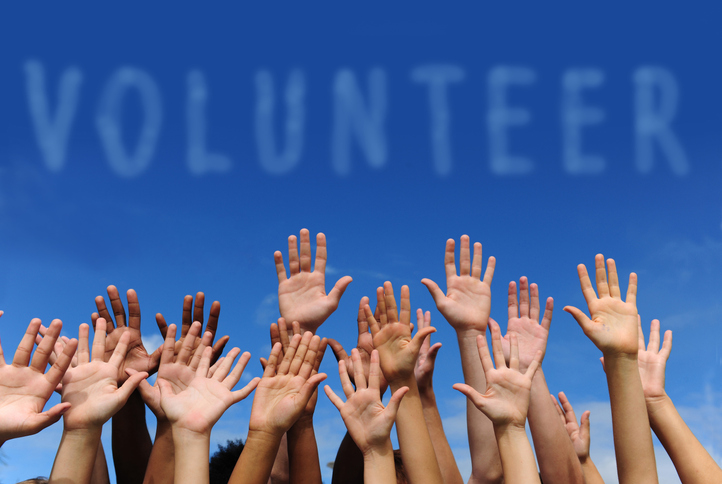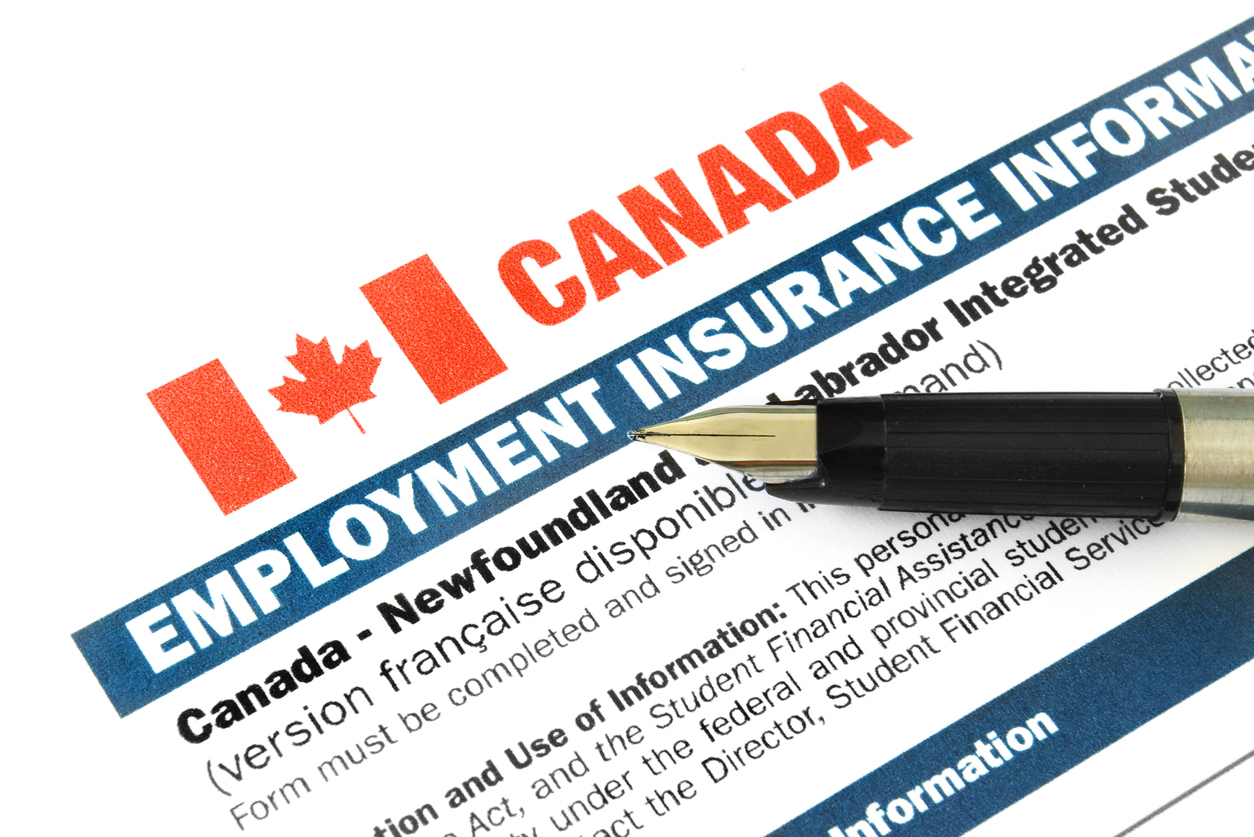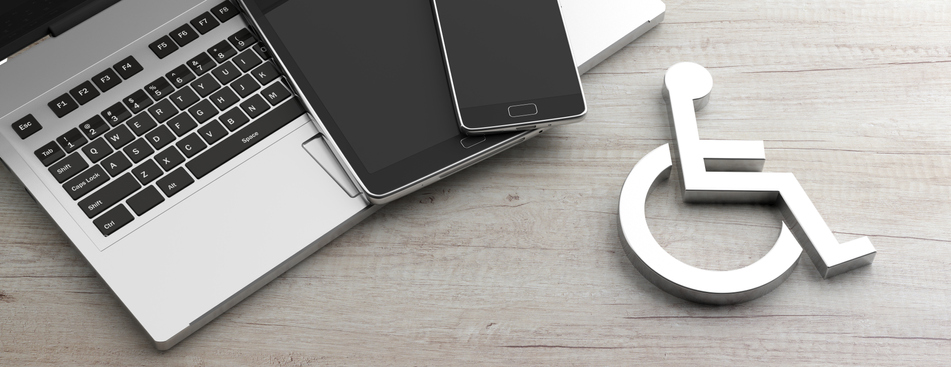Living with Chronic Pain
The Impact of Unemployment on Individuals With Chronic Pain
Source: National Center for Biotechnology Information: U.S. National Library of Medicine: National Institutes of Health, Canadian Mental Health Association

Do you find this helpful
Print
Share
Save
Unemployment can profoundly affect individuals with chronic pain across various aspects of their lives. The combination of job loss while living with chronic pain creates a complex web of challenges that can exacerbate the difficulties already posed by the condition. Here’s a closer look at the multi-faceted impacts:
Financial impact
- Immediate financial strain
Loss of income is the most immediate and obvious consequence of unemployment. Individuals with chronic pain may face additional financial strain due to medical expenses or the need for specialized equipment or treatments. - Long-term financial insecurity
Extended unemployment can lead to significant financial hardships, including the loss of housing, transportation, and basic necessities. The stress of financial insecurity can further aggravate chronic pain conditions, creating a vicious cycle.
Psychological impact
- Increased anxiety and stress
Financial uncertainty, combined with the challenges of living with chronic pain, can lead to heightened anxiety and stress. This can exacerbate pain symptoms and impact both mental and physical health. - Loss of purpose and identity
Work provides a sense of purpose and structure, which can be particularly important for individuals with chronic pain. Job loss can lead to a diminished sense of identity, lower self-esteem, and feelings of worthlessness. - Mental health concerns
Unemployment can contribute to or worsen mental health issues, such as depression, anxiety disorders, and substance abuse. The stigma associated with unemployment can also contribute to feelings of shame and social isolation.
Physiological impact
- Limited access to healthcare
Unemployment often means losing health insurance, which can severely limit access to necessary medical care. Without regular medical visits, pain management may become less effective and overall health can deteriorate. Employed individuals are four times more likely to have healthcare access than those who are unemployed. - Worsening of health conditions
Chronic pain conditions may worsen without proper medical management and support. Individuals may also face barriers to accessing new treatments or therapies due to financial constraints.
Social impact
- Social isolation
Unemployment can lead to a reduction in social interactions and connections. Social withdrawal can be a direct result of financial strain or a lack of social engagement, which can further isolate individuals and impact their well-being. - Stigma and social perception
There is often a stigma attached to unemployment, which can negatively affect how individuals are perceived by others. This stigma can lead to social exclusion and affect one’s self-image and relationships.
Coping strategies
Addressing these impacts requires a multi-faceted approach:
- Financial assistance
Exploring options for financial aid, unemployment benefits, and community resources can provide temporary relief and stability. - Mental health support
Access to counseling or support groups can help manage the psychological impacts of unemployment and chronic pain. - Health care resources
Seeking out community health clinics, charitable organizations, or government programs that provide medical assistance can help bridge the gap in health care coverage. - Social connections
Maintaining social connections through support groups, online communities, or local organizations can help mitigate feelings of isolation and provide emotional support.
Additional sources: Institute for Work & Health and Business News Daily


















